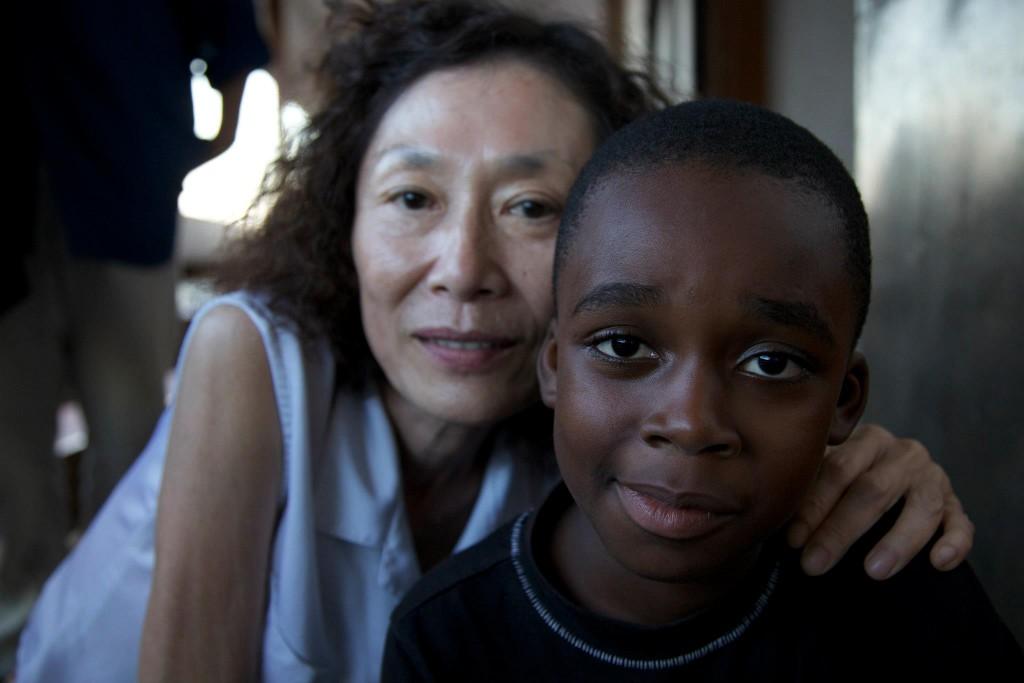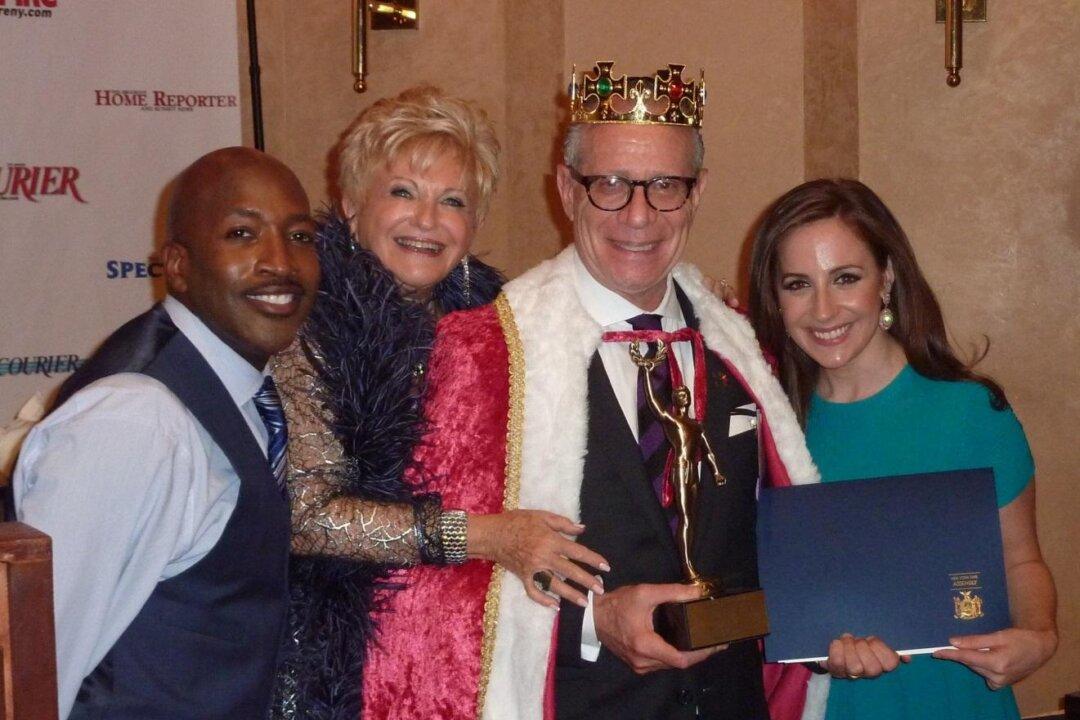NEW YORK—Christine Choy is an unassuming, unabashed, unrelenting Chinese-American woman with short, white, wavy hair and strong opinions.
Choy grew up in Mao’s China, where propaganda posters were used to unite workers under the red communist flag. But having spent most of her life abroad, living in South Korea, Germany, Africa, and the United States, Choy prides herself in having experienced many cultures, and knowing the difference between true understanding of others and superficial unity.
She studied architecture at New York University and film directing at the American Film Institute in Los Angeles. Now, she’s a senior course film lecturer at NYU’s Tisch School of the Arts.
She’s also the director of “Ghina,” a documentary about the life of Chinese migrants living in Ghana and the tensions between the locals and the Chinese.
Her Lower East Side apartment is spotless and smells of cigarette smoke.
As I walked into her opened door one August afternoon, I found Choy with her feet up on the couch, reviewing Oscar nomination contenders on a small DVD player.
Without taking her eyes off the screen, she told me to have a seat.
Before our interview about “Ghina,” which I screened during the Asian American International Film Festival in New York, she told me I must know two things.
First, she hates the title of the documentary; and second, it’s not finished yet.
“It’s the first time in my life I’ve had to re-edit,” she said.
Racial Tensions
“Ghina” is Choy’s take on the life of Chinese migrants in Africa who have had difficulty assimilating and are still seen as outsiders, despite the fact that they arrived in the 1980s. Most of the local Ghanaians see the Chinese migrants as exploiters of their land and people.
Choy wanted to boldly document the racism, the tension, and the growing distrust between the two cultures that failed to understand each other. She wanted to title the film “Chings in the Dark Land.”
“People thought it was too racist, but I said ‘That’s more catchy,’” Choy said.
“Ghina” follows a Chinese factory owner and a Chinese restaurant owner, as well as local Ghanaians and Ghanaian professors. Take the issue of showing up to work on time—Chinese and Ghanaians clash over what “on time” means. Ghanaians blame the Chinese for cultural insensitivity, and the Chinese call Ghanaians lazy, an accusation long held among colonizers about Africans in general.
Racism was exactly what Choy wanted to highlight.
“Theoretically I thought it should be a film about how racism, like any commodity, can be exported,” she said.

Director Christine Choy interviewing Ghanaians in their homes during the shooting of “Ghina.” (www.filmnewsnow.org)
Choy said that if she were president, she'd make interracial marriage mandatory.
“This is the only way to solve the [racism] problem,” Choy explained.
She told me about her travels to China and the harsh climate she had to endure in Beijing while doing archival research, and her extensive knowledge of the history of African-Chinese relations. She interrupted her long speeches with drags on her cigarette, which she kept lighting up and putting out.
After showing the film to her African friends, they were angered and told her “this film is very disturbing.” For her next edit of the film, Choy wants to hire an African film editor to make the documentary more balanced.
“Make it shorter, raise more questions than answers, but be much more daring to reveal the contradiction between the races,” she said.
Her iPhone rang.
“Old fling,” she said, dismissing the call.
Unrelenting
Choy holds the title of first Asian to be part of Tisch’s faculty, and people like to use the term “pioneer” to describe her contribution to cinema.
“I don’t like the term ‘pioneer.’ I just say to myself, I did whatever I did because I was totally pissed off at the lack of representation of women, minorities, have-nots, African-American, Latino, American Indians,” she said.
Choy said she feels that everyone is always trying to inundate her with propaganda, whether it be communism or commercialism. So she tries to lessen the effect by being completely open before taking on a project.
“Almost like Zen. I cleanse myself; I don’t have any preconceived ideas whatsoever,” she said.
Choy is working on two other films along with ideas for future projects.
Other than looking for an African editor for “Ghina” and reworking the documentary, Choy is also directing a documentary about a Chinese-American with a complex family background.
She'd like to call the documentary “The Future of China.”
Another project she’s revisiting is her documentary from 20 years ago, called “April 29.” The documentary is about Rodney King’s death at the hands of the LAPD.
To find out more about the film, visit: www.filmnewsnow.org.






